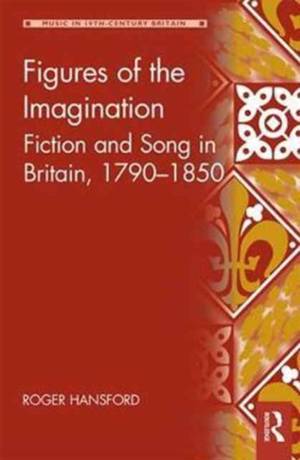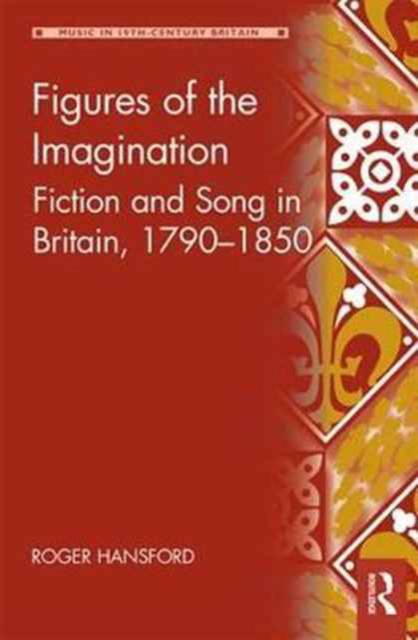
- Afhalen na 1 uur in een winkel met voorraad
- Gratis thuislevering in België vanaf € 30
- Ruim aanbod met 7 miljoen producten
- Afhalen na 1 uur in een winkel met voorraad
- Gratis thuislevering in België vanaf € 30
- Ruim aanbod met 7 miljoen producten
Omschrijving
This new study of the intersection of romance novels with vocal music records a society on the cusp of modernisation, with a printing industry emerging to serve people's growing appetites for entertainment amidst their changing views of religion and the occult. No mere diversion, fiction was integral to musical culture and together both art forms reveal key intellectual currents that circulated in the early nineteenth-century British home and were shared by many consumers. Roger Hansford explores relationships between music produced in the early 1800s for domestic consumption and the fictional genre of romance, offering a new view of romanticism in British print culture. He surveys romance novels by Ann Radcliffe, Matthew Lewis, Sir Walter Scott, James Hogg, Edward Bulwer and Charles Kingsley in the period 1790-1850, interrogating the ways that music served to create mood and atmosphere, enlivened social scenes and contributed to plot developments. He explores the connections between musical scenes in romance fiction and the domestic song literature, treating both types of source and their intersection as examples of material culture. Hansford's intersectional reading revolves around a series of imaginative figures - including the minstrel, fairies, mermaids, ghosts, and witches, and Christians engaged both in virtue and vice - the identities of which remained consistent as influence passed between the art forms. While romance authors quoted song lyrics and included musical descriptions and characters, their novels recorded and modelled the performance of songs by the middle and upper classes, influencing the work of composers and the actions of performers who read romance fiction.
Specificaties
Betrokkenen
- Auteur(s):
- Uitgeverij:
Inhoud
- Aantal bladzijden:
- 318
- Taal:
- Engels
- Reeks:
Eigenschappen
- Productcode (EAN):
- 9781472471376
- Verschijningsdatum:
- 14/03/2017
- Uitvoering:
- Hardcover
- Formaat:
- Genaaid
- Afmetingen:
- 156 mm x 234 mm
- Gewicht:
- 621 g

Alleen bij Standaard Boekhandel
Beoordelingen
We publiceren alleen reviews die voldoen aan de voorwaarden voor reviews. Bekijk onze voorwaarden voor reviews.











